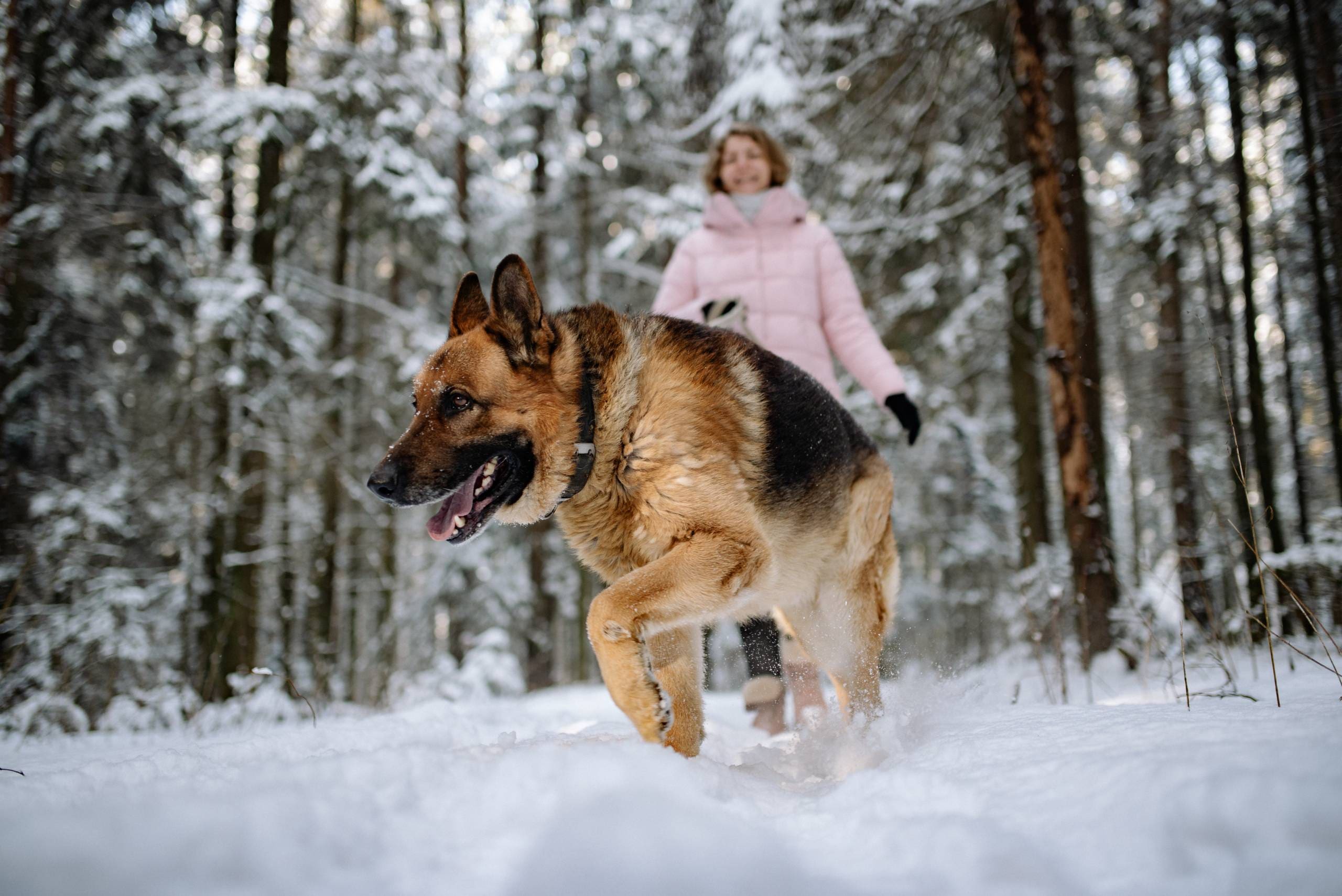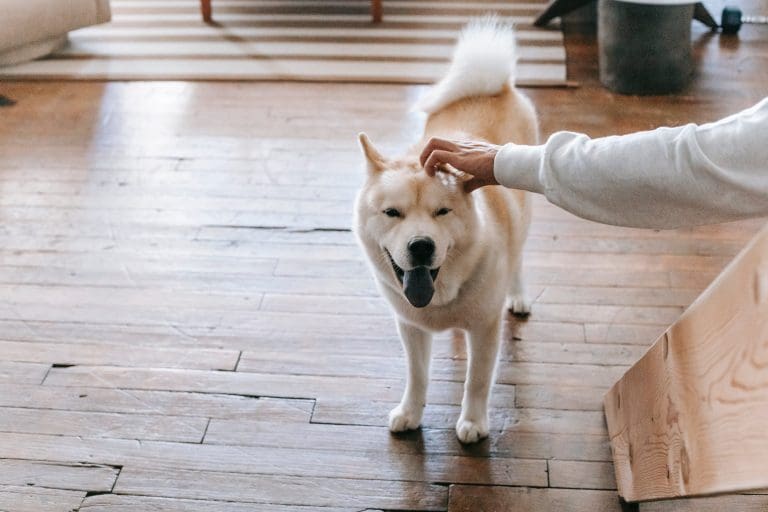How Long Do Great Danes Live?
Post Date:
December 10, 2024
(Date Last Modified: November 13, 2025)
Great Danes are a giant-breed dog with health needs and life stages that differ from small and medium-sized breeds.
Typical lifespan of Great Danes
Average life expectancy for Great Danes is about 7 to 10 years [1].
Many population-based studies report typical ranges clustered between 6 and 8 years for cohorts of purebred Danes in referral and kennel populations [3].
By comparison, small-breed dogs commonly live in the low to mid-teens, while most giant breeds average noticeably shorter lifespans; median ages for giant breeds are often reported near 6 to 9 years [2].
Reported lifespan varies by study design, geography, and whether the sample comes from breeder-registered dogs, referral hospitals, or shelter populations, which can shift mean and median estimates by multiple years [3].
| Category | Typical average | Typical range | Source |
|---|---|---|---|
| Great Dane (breed average) | ~8 years | 6–10 years | [1] |
| Giant breeds (group) | ~7 years | 6–9 years | [2] |
| Medium-sized breeds | ~11 years | 9–13 years | [2] |
| Small breeds | ~13 years | 12–16 years | [2] |
Key biological and genetic factors influencing lifespan
Body size is a major innate determinant: larger and faster-growing dogs generally age sooner and experience earlier onset of many age-related diseases compared with smaller breeds [2].
Rapid juvenile growth that occurs in giant breeds increases lifetime orthopedic stress and is associated with higher rates of developmental joint disease and some metabolic complications [1].
Heritable conditions important for Great Dane longevity include breed-linked cardiomyopathies, inherited predispositions to certain cancers, and hip or elbow dysplasia; these genetic risks concentrate mortality in middle age for many Danes [3].
Sex and reproductive status can influence lifespan: some large-breed studies report differential outcomes by sex and by whether a dog is intact or neutered, with variations of roughly a year or more in some datasets [4].
Major health conditions that shorten life
Dilated cardiomyopathy (DCM) is a leading cause of premature death in giant breeds, and affected dogs can progress to congestive heart failure within months to a few years after diagnosis if untreated [1].
Gastric dilatation–volvulus (GDV, “bloat”) carries a high acute mortality risk; untreated GDV can cause death within hours, and even with surgery reported survival rates range from about 60% to 80% depending on timing and comorbidities [5].
Cancer incidence increases with age in Danes, and certain tumor types account for a substantial fraction of deaths in late middle age; osteosarcoma and other malignancies are overrepresented in large and giant breeds [3].
Orthopedic disease such as hip and elbow dysplasia accelerates functional decline and contributes to secondary problems (obesity, decreased activity) that shorten healthy lifespan [1].
Preventive veterinary care to extend lifespan
Routine cardiac screening for giant-breed dogs often includes auscultation, echocardiography, and ECG; many specialty recommendations advise starting cardiac checks by 2–3 years of age and repeating at intervals determined by findings [4].
- Orthopedic screening with hip and elbow radiographs, plus early evaluation of growth and gait, is commonly recommended during the first year to identify dysplasia risk [1].
- Preemptive discussion about GDV risk and prophylactic gastropexy for at-risk dogs is advised by many clinicians for giant breeds [5].
Vaccination schedules, parasite control, and dental care follow national veterinary guidelines tailored by age and lifestyle; annual or semiannual wellness exams let veterinarians detect early signs of disease and adjust preventive plans [6].
Nutrition and growth management
Puppy feeding strategies for Great Danes focus on controlled growth; many breed experts recommend slowing growth rather than maximizing weight gain to reduce orthopedic disease risk, often using large-breed puppy formulas and measured portions [1].
As a general clinical guideline, expected daily water intake averages about 50 mL/kg/day for healthy adult dogs, and monitoring intake can help detect early disease [1].
Energy needs for adult Great Danes vary by activity and neuter status; resting energy requirement (RER) can be estimated with the standard formula RER = 70 × (body weight in kg)^0.75, and maintenance needs are then adjusted from RER based on condition and activity [4].
Appropriate nutrients include balanced omega-3 fatty acids for joint health, controlled calcium/phosphorus for growing puppies, and maintaining lean body condition to reduce joint loading [1].
Exercise, environment, and lifestyle factors
Exercise should match life stage: puppies need short, controlled activity to avoid excess joint stress, while adult Danes typically benefit from daily moderate walks and low-impact play totaling 30–60 minutes depending on age and fitness [1].
High-impact or repetitive jumping in large puppies is discouraged because it increases risk for developmental orthopedic disease during the first year of life [1].
Household safety measures—secure fencing, ramps or steps for furniture access, and slip-resistant flooring—reduce accident risk and cumulative musculoskeletal trauma that can shorten lifespan [5].
Senior care and quality-of-life management
Mobility aids (slings, ramps) and multimodal pain management are commonly used in senior Great Danes to preserve mobility; physical rehabilitation programs can improve function and comfort for months to years depending on disease severity [4].
Owners should monitor appetite, weight, sleep patterns, and activity; a sustained loss of more than 10% of body weight or notable declines in daily activity warrant veterinary assessment and often diagnostic testing [3].
Palliative care and humane end-of-life planning include pain control, nutrition adjustments, and discussions with a veterinarian about timing of humane decisions when quality of life can no longer be maintained [6].
Estimating an individual Dane’s remaining lifespan
Translating population averages into an individual prognosis depends on current age, comorbid conditions, and objective test results such as echocardiography or orthopedic imaging; these diagnostics can shift expected remaining time by several months to years depending on findings [4].
Veterinarians may use biomarkers (cardiac troponin, NT-proBNP) and serial imaging to refine prognosis for heart disease, and those tests commonly alter management and anticipated survival estimates when abnormal [3].
Lifestyle changes—weight loss of 5–10% in an overweight dog, exercise modification, and early treatment of infections or dental disease—can produce measurable improvements in mobility and wellness that effectively extend healthy months to years [1].
Choosing, breeding, and lifetime planning
Selecting a reputable breeder who performs health testing on parents (cardiac screening, hip/elbow certification, and genetic testing when available) reduces but does not eliminate inherited risk; certified screenings are standard recommendations for breeders of large breeds [4].
Adopters should expect that shelter or rehomed Danes may have incomplete health histories and should budget for an initial veterinary exam and baseline diagnostics; many owners find insurance or dedicated emergency funds helpful given the higher incidence of costly conditions in giant breeds [5].
Financial planning that covers routine care, nutrition, dental work, and at least a few thousand dollars for emergency or specialty interventions is commonly advised for prospective Great Dane owners by veterinary and breed organizations [6].
When evaluating prospective breeders, request documentation that parents have completed recognized health screens for hips, elbows, and cardiac status; many breed clubs and registries expect breeders to provide formal hip/elbow radiograph reports and cardiac clearances as part of responsible breeding practices [7].
Official radiographic hip and elbow certification programs typically require pelvic and elbow radiographs obtained at or after 24 months of age for adult-scheme registration, and these reports are commonly uploaded to centralized databases for public review [7].
Many prospective owners choose to enroll a puppy in pet insurance before 6 months of age to avoid exclusion of congenital conditions discovered later; insurers commonly exclude preexisting conditions and may limit coverage if enrollment occurs after a diagnosis is apparent [8].
For dogs obtained via adoption or rescue, an initial comprehensive veterinary evaluation plus baseline screening tests—complete blood count, serum chemistry, fecal parasite check, and heartworm testing—are usually recommended within the first 7–14 days after placement to establish health status and document preexisting conditions for insurance or treatment planning [5].
Lifetime planning also means preparing for age-related care: owners should expect more frequent veterinary visits and diagnostics as the dog enters middle age, and discuss with their veterinarian how screening intervals, early interventions, and financial tools like insurance or designated emergency savings can make advanced diagnostics and treatment more accessible






